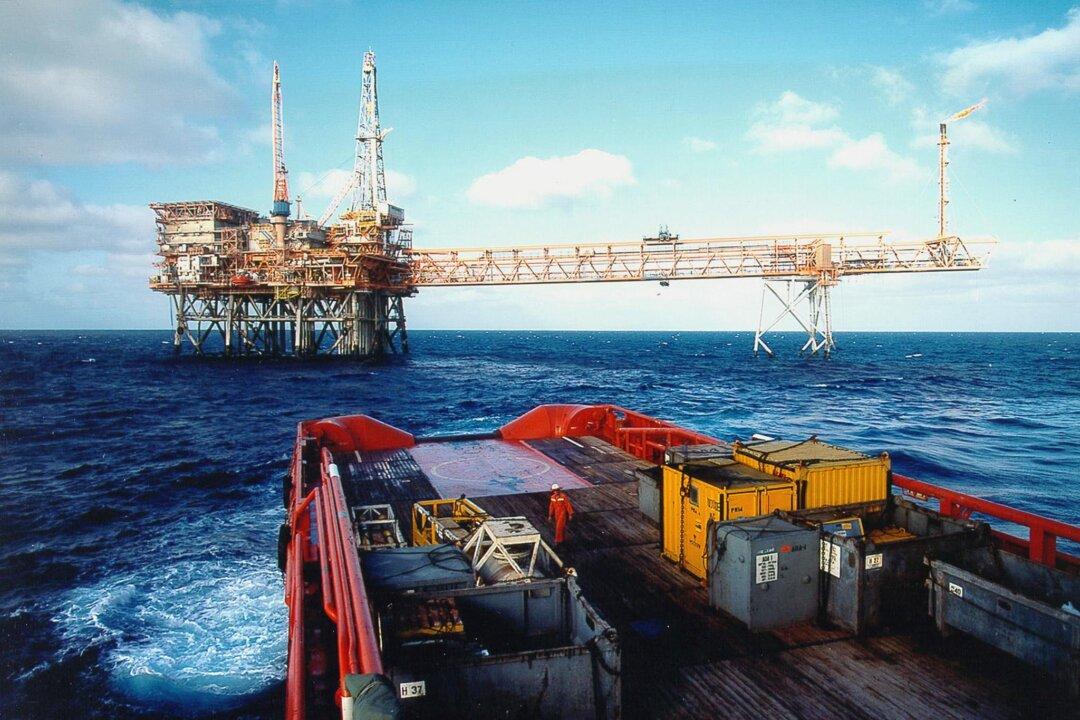Major Australian petroleum producers have been pressured about whether they provide “adequate” consultation with Indigenous groups regarding new offshore oil projects.
The country’s Senate is investigating a bill imposing stricter requirements on energy firms to consider Indigenous cultural heritage.





